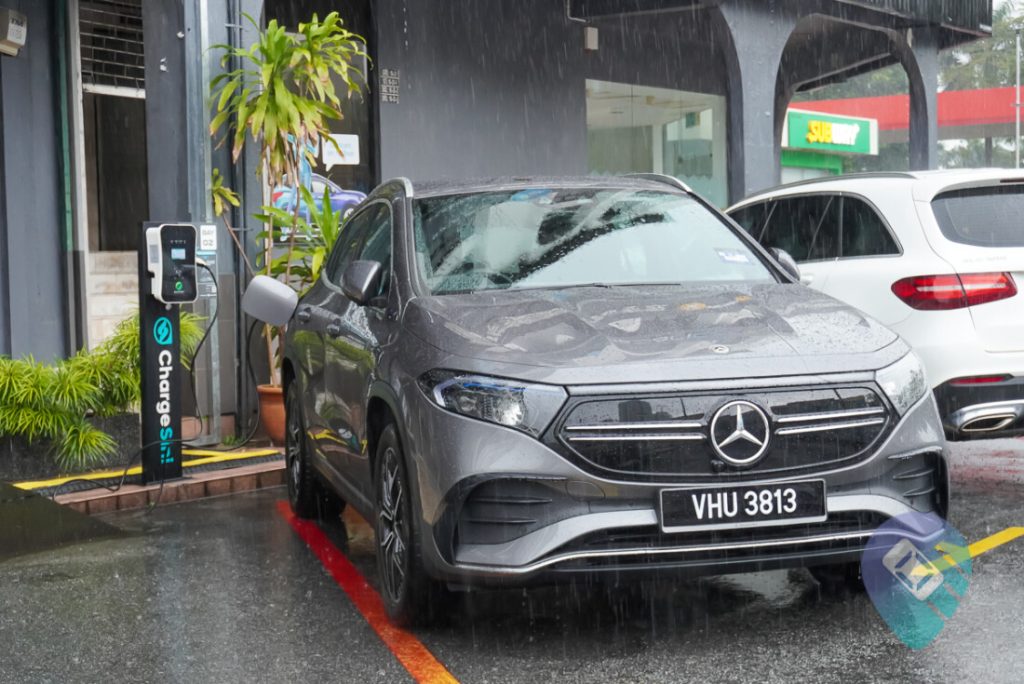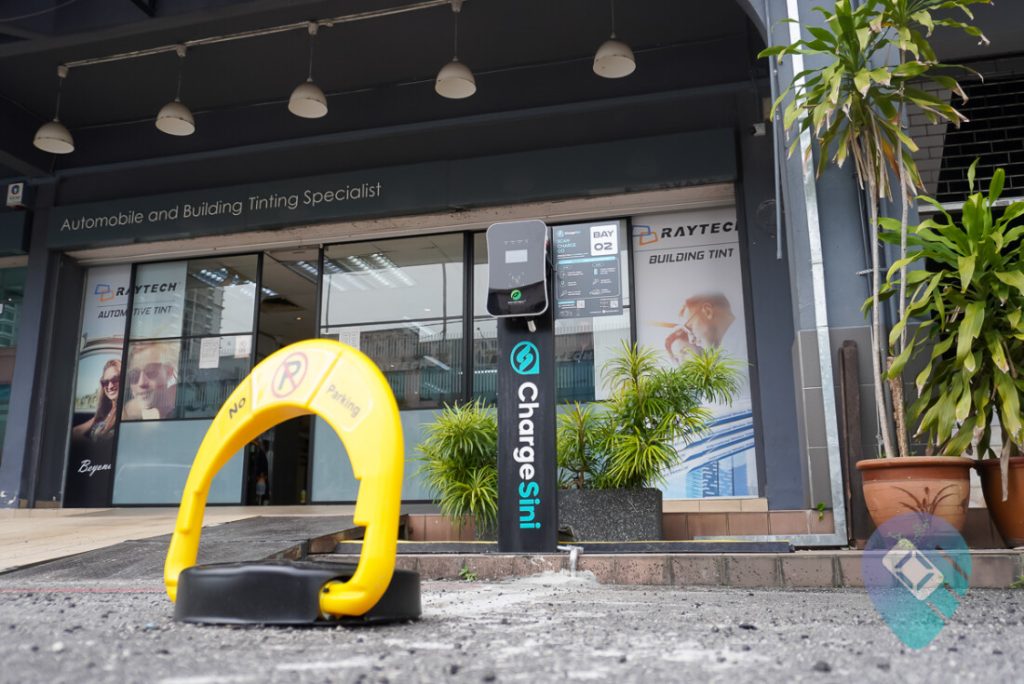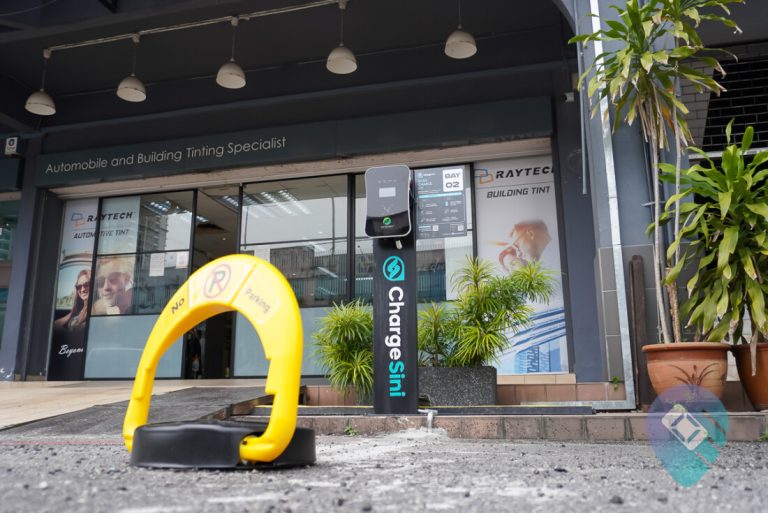-
By Thoriq Azmi
- 0 Comments

The Energy Commission (EC) has reportedly advised all charge point operators (CPO) involved in developing the local electric vehicle (EV) charging infrastructure to apply for a public energy distribution licence immediately for the installation of EV charging systems (EVCS). Said service providers are advised to do so before 31 March 2023.
“This requirement is in line with the provisions of Section 9(1)(b) of the Electricity Supply Act 1990 (Amendment 2015) (Act A1501), which states that licences shall be issued to charge point operators conducting electricity supply activities for commercial purposes for 10 years, depending on the installation location,” read the statement issued by the EC and quoted by local newswire Bernama in their report.

In the same statement, the EC outlines that CPOs must obtain EVCS licence, including for EV charging systems already in operation, before enforcement is carried out. The EC adds that the license must be applied to ensure charging systems are standardised and safe for use throughout the nation. Notably, this licencing only covers the technical and safety aspects, and it’s not an economic regulatory policy.
The EC’s statement continued further in highlighting that CPOs carrying out charging system installations without a valid licence will be viewed as committing an offence. Said act can be prosecuted under Section 37(5) of the Electricity Supply Act 1990 (Act 447). You can read about this act in full online by clicking this link: Electricity Supply Act 1990.
Furthermore, as of Dec 12, the Malaysian Green Technology and Climate Change Corporation (MGTC) and Ministry of Transport (MOT) have stated that there are over 900 EV charging points active nationwide. This is set to grow up to 10,000 by 2025, but it remains unclear for now as to how this licensing requirement issued by the EC today will affect said target set by the government.

